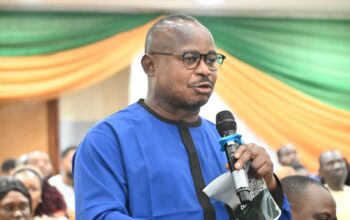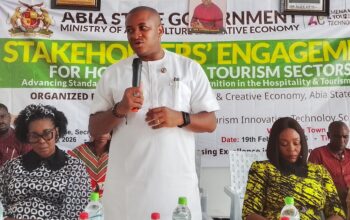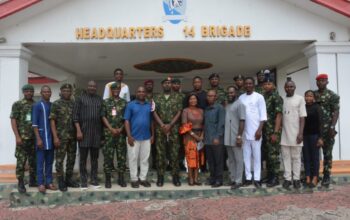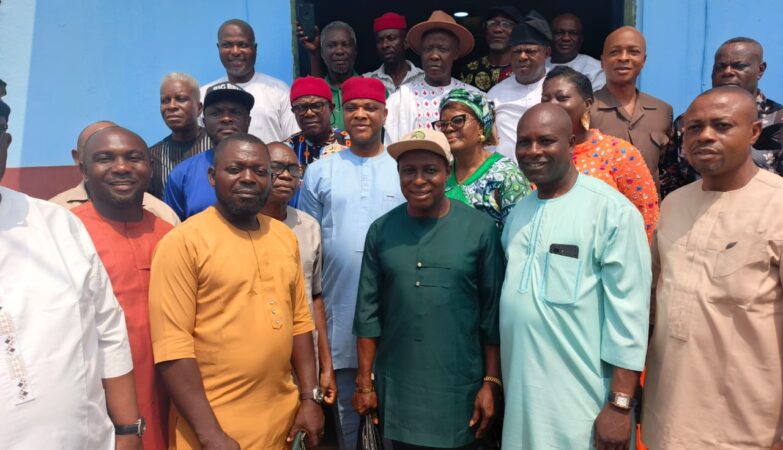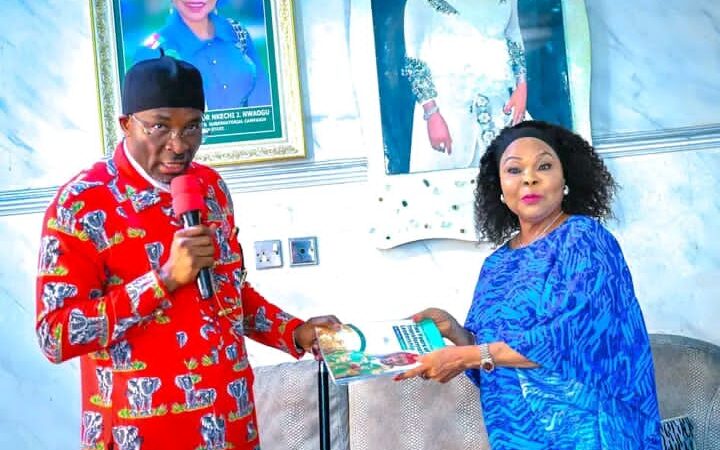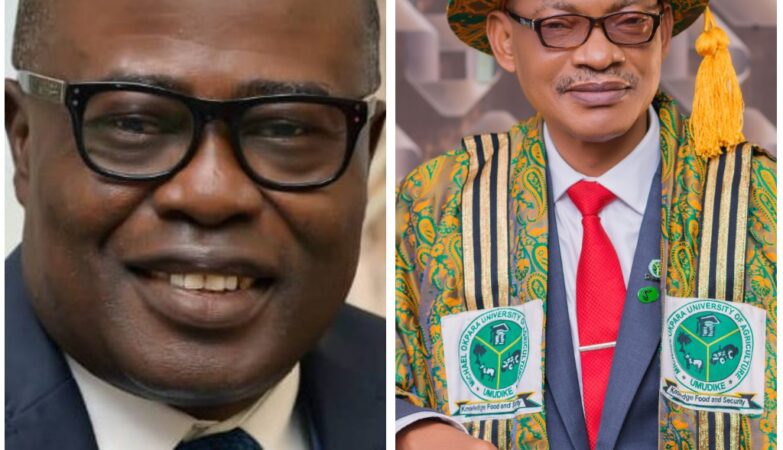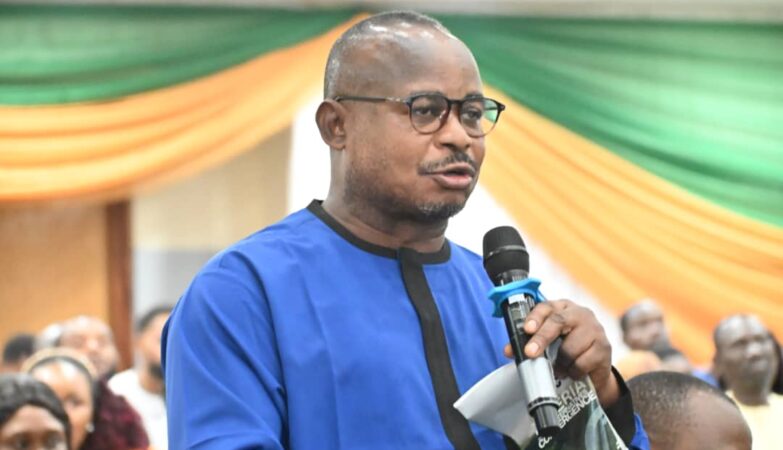The Director General of National Broadcasting Commission, NBC Balarabe Shehu Ilelah says media practitioners must be conscious of the public and avoid issues that will create fears and confusion in the society.
Shehu Ilelah gave the charge in his welcome address during the National Broadcasting Commission, NBC broadcast summit on the topic, “Conflict Reporting and The Imperatives of Professionalism” held at Enugu. He noted that, as trained professionals, broadcasters should fulfil an important role in society, and must, when reporting on matters of conflict, submit to certain restraints.
According to him, NBC wants to ignite the spirit of professionalism in the media practitioners while also attempting to assist media workers, to develop or deepen their pan-Nigerian perspectives, in their programming.
The NBC DG added that media practitioner should never be a mere mouthpiece for any interest group or groups, but he or she should critically report the words and actions of every side, subjecting them to critical analysis and exposing what is false or threatening to society and its freedoms.
His words, “Distinguished Ladies and Gentlemen, one of the major functions of the mass media is the provision of adequate information about ongoing or current events in society as a way of serving the public need to know”
He continued that “The mass media serves this basic human need by providing information on what, who, why and where of a particular event, which the media consider worthy of relaying to the public.
Indeed, it is possible to argue that there is no particular time the public is more in need of information from the media than when the safety or even the survival of the public is threatened. But cautious reporting is needed so as not to exacerbate the tumultuous peace we are presently enjoying”.
He emphasized that “today, we are meeting within the context of the frightening security environment in our country.
This situation is reflected in the content of programming and news reportage, on radio and television, and in the media in general. That is how it should be. The media exists, to assist people to know, as well as understand the issues in their society, in order to help make informed choices in their lives.
However, the manner that the media in general, and broadcasting in particular, have profiled, conditioned and deepened fear and prejudices, in the context of Nigeria’s emergent security challenges, is a departure from core professionalism. The practitioners must always be conscious of their responsibility to the public and avoid reporting issues that would create fear, anxiety, hatred and crises”.
Similarly, former head of mass communication Department, University of Maudiguri, Professor Danjuma Gambo who spoke on the topic Conflict Reporting and imperative of professionalism, urged media workers to apply wisdom and professionals in managing conflicts.
He emphasized that broadcasters should remain in their senses, which he affirmed will help them control situations, adding that no society can leave without conflict but it depends on how it is managed.
According to him, conflict is not the end to crisis, but maintained that choice of words can help address certain issues, just as he listed quest for political power, land tussle, citizenship, titles, inter and intra ethnic rivals, religion to mention but a few as types of conflicts.
He advised broadcasters to always be guided by NBC code, put national interest into consideration and advising that broadcasters must get requisite training like other professional bodies and work inline with the ethics of journalism.
The University Don advised broadcasters in south east zone and across not to make the zone theatre of war by exaggerating conflict stories. He stressed that blowing issues out of proportion could degenerate to uncontrollable level, citing Rwanda and other places where conflicts claimed the lives of hundreds of people and properties were destroyed.
In his recommendations, Gambo advised media workers to develop conflicts sensitize mind, be well educated and well informed, have exchange of ideas, have an open mind as well remove religion and develop basic research skills.






